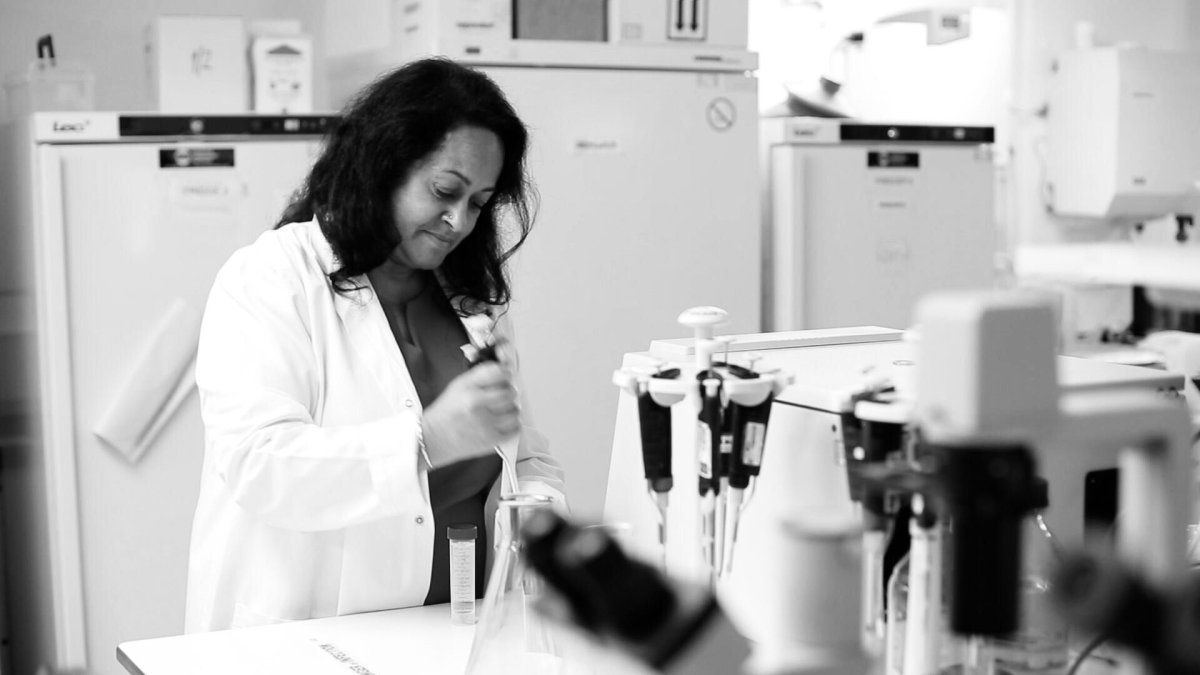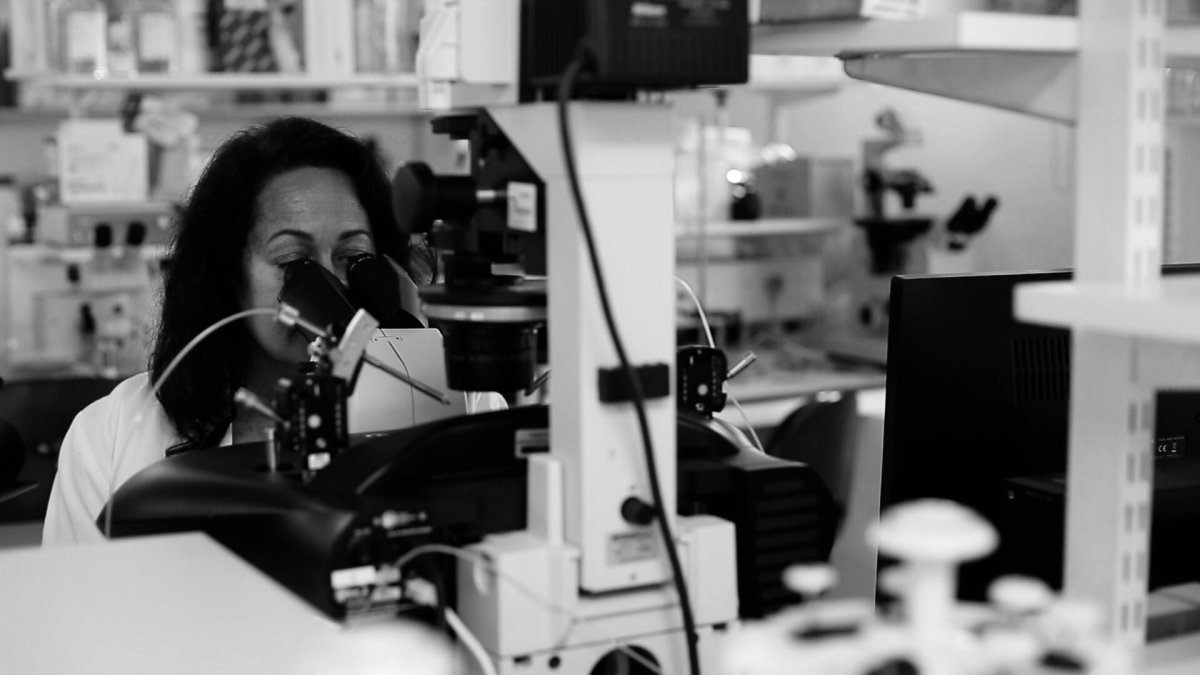For millions of years we reproduced in the same way—a man deposited sperm into a woman to fertilize an egg and conceive a child. This is not the case anymore.
The birth of Louise Brown in 1978 made headlines worldwide as the world's first "test tube baby." In vitro fertilization was a revolutionary new procedure that allowed a woman to become pregnant when natural conception was either unsuccessful or not possible.
Almost 40 years later, advances in IVF mean it could soon become the primary way we have children—not just for infertile or same-sex couples but for everyone. "There will come a time when the majority of people will not be having sex to reproduce. These two will become totally separate," Joyce Harper, a professor at University College London told Newsweek.
"It may be that in the future, women don't even carry children anymore, and sex will be just for fun. Women spend the majority of their lives [trying] not to get pregnant and the other half trying desperately to get pregnant. If we separate these two places, maybe it could be a brilliant place," she said.

The Rise of IVF Babies
By the end of this century, about 157 million people will owe their lives to assisted reproductive technologies such as IVF, donor eggs and surrogacy. Denmark now has the highest proportion of babies born through assisted reproductive technology in the world, with an estimated 10 percent of children conceived this way. In 2017, the European nation passed a law granting access to state-funded IVF regardless of a woman's marital status or sexual orientation.
Pia Crone Christensen is the mother of 2-year-old Sara. She is one of a growing number of so-called "solomor"—Danish single women who decide to have children by themselves using donor sperm. "I have always wanted to have children and I've always thought it was just a matter of time. When I was younger, I wondered what kind of person my husband would be, what kind of house we would live in, and how our lives would be," Christensen told Newsweek.
"But I was 39 and a half, and I hadn't found a suitable partner. I knew donor sperm was an option and I was really lucky to get pregnant in my first round of IVF," she said.


But why are more and more people choosing to reproduce without sex? According to Harper, it is mainly because of social, educational and economic reasons—women are having children later in their lives. After the age of 35, the quantity and the quality of eggs starts to decrease.
"Currently, one in six couples experience infertility, and this is going to get to be even more of a problem the longer the women wait to have children. Men don't have that biological clock," she said.
Genetically Edited Babies
And there are far more exciting possibilities for IVF ahead. Harper's specialty is preimplantation genetic diagnosis—identifying embryos at risk of disease. It is a practice that is becoming quicker and more affordable.
"What comes to the arena now is called genome editing sequences. It is now possible to sequence someone's genome for about $1,000, and the technology is actually quite quick—it can be done in about 24 hours, and I think it'll become even cheaper in the near future," she said.
"Sequencing the genome is quite straightforward. What everybody is working on is interpreting that information. It's only in recent years that we've had the full genetic code of people to examine. So it's a really exciting time. We could check [if] it's going to have cancer, predisposed to heart disease, diabetes, even allergies. We could do all of these tests before we even put the embryo back in the woman. Because why would you transfer an embryo back to a woman that it's going to have a disease?" Harper asked.

But the possibility of genetically altered humans raises legal and ethical questions. On November 26, a scientist in China claimed to have created the world's first genetically edited babies—twin girls who were born this month.
He Jiankui, a researcher in Shenzhen, altered embryos for seven couples during fertility treatments. His goal was not to cure or prevent an inherited disease but to give a trait that few people naturally produce—resistance to infection from HIV.
From preventing diseases to modifying characteristics, will this open the door to a generation of genetically designed babies, free from defects?
"I just feel a little bit nervous about editing someone's genome. I think we should do a huge amount of work to really be sure that we are not having any negative effect on the embryo," Harper said. "Gender selection, for example, is legal in many countries and it is not a medical reason to choose the gender of your child. It does worry me that some countries may give no legislation, meaning people could start manipulating embryos just for—in my view—frivolous ideas such as changing some physical characteristics of the child.
"We've really got to think about future generations and how we will be affecting them. We are seriously not ready for it."
Harper said more research was needed to make sure genome editing did not cause future harm. It would also need to become legal before the technique could become a treatment.
But from IVF to gene editing, artificial methods are incresingly being used to create children. And as these developments become more advanced—and more affordable—conceiving children naturally could become a thing of the past as we enter an era of designer babies.
Uncommon Knowledge
Newsweek is committed to challenging conventional wisdom and finding connections in the search for common ground.
Newsweek is committed to challenging conventional wisdom and finding connections in the search for common ground.
About the writer
To read how Newsweek uses AI as a newsroom tool, Click here.








